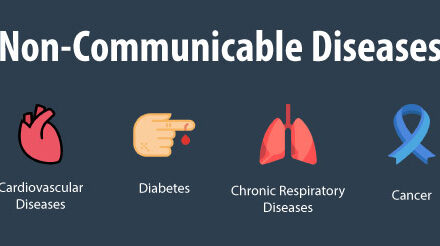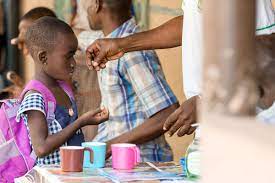New Research Highlights the Impact of Parental Drinking on Offspring Health
A groundbreaking study from the Texas A&M College of Veterinary Medicine and Biomedical Sciences has revealed that chronic alcohol abuse by parents can significantly increase their children’s susceptibility to cancer—particularly liver cancer.
Parental Influence on Offspring Health
Led by Dr. Michael Golding, the research team previously demonstrated that paternal alcohol consumption before conception could negatively impact fetal development, even up to three months after ceasing to drink. Their findings also suggest that both maternal and paternal alcohol use can lead to early aging symptoms in children, even when drinking within legal limits.
“Through our research, we’ve learned that parental drinking causes problems in their offspring’s mitochondria,” explained Dr. Golding, a professor in the VMBS Department of Veterinary Physiology and Pharmacology. “If you think of mitochondria as a battery, parental drinking causes the ‘battery’ to have unusually low voltage. This mitochondrial dysfunction leads to inflammation, which, in turn, increases the likelihood of cancer development.”
Increased Risk of Liver Cancer
The study, published in Aging and Disease, further explores how children of parents who chronically abused alcohol are more susceptible to liver cancer. If exposed to a carcinogen, these individuals are more likely to develop tumors than those whose parents did not drink.
“Additionally, the effects are worse if both parents drank than if it was only one,” Golding emphasized.
The body’s two tissues with the highest concentration of mitochondria are the brain and liver. Researchers suggest that exposure to inflammatory triggers—such as alcohol, processed foods, and excessive sugar—could accelerate tumor development in individuals predisposed to these conditions.
Implications for Fetal Alcohol Spectrum Disorder (FASD)
The findings have critical implications for individuals with fetal alcohol spectrum disorder (FASD), a condition resulting from parental alcohol consumption. Those with FASD often experience developmental challenges, including abnormal facial features, low birth weight, hyperactivity, and poor coordination.
“If someone has FASD, they should be considered for earlier cancer screenings,” Golding advised. “For instance, if the general population is screened in their 50s, individuals with FASD might benefit from screenings in their 40s to account for their increased risk.”
He also warned that those with FASD should avoid excessive alcohol consumption, processed foods, and other inflammatory triggers to mitigate their heightened cancer susceptibility.
The Role of Fathers in Fetal Development
This study adds to a growing body of evidence from Golding’s lab emphasizing the importance of paternal health in fetal development. Traditionally, FASD diagnoses have focused on maternal alcohol use, overlooking paternal contributions. However, recent research indicates that a father’s drinking habits can impact sperm quality for up to three months after quitting alcohol.
Furthermore, studies show that children with FASD—particularly males—are at risk of developing early aging symptoms such as high cholesterol, heart disease, arthritis, and early-onset dementia.
“Historically, pediatric medicine has focused primarily on maternal health when considering a child’s well-being,” Golding noted. “But recent research underscores that both parents’ health plays a crucial role in determining long-term health outcomes.”
Conclusion
As scientists continue to uncover the far-reaching consequences of parental alcohol use, these findings highlight the importance of both parents maintaining a healthy lifestyle before conception. Future studies may further explore intervention strategies to mitigate these risks.
Disclaimer: This article is based on scientific research and is intended for informational purposes only. It does not constitute medical advice. Readers concerned about alcohol consumption and its effects on health should consult a qualified healthcare professional.












